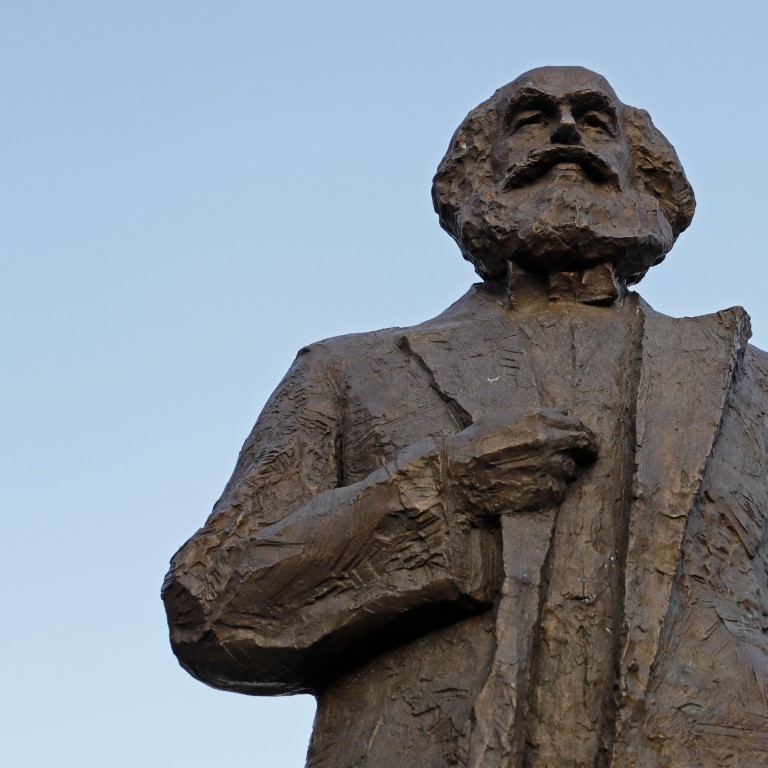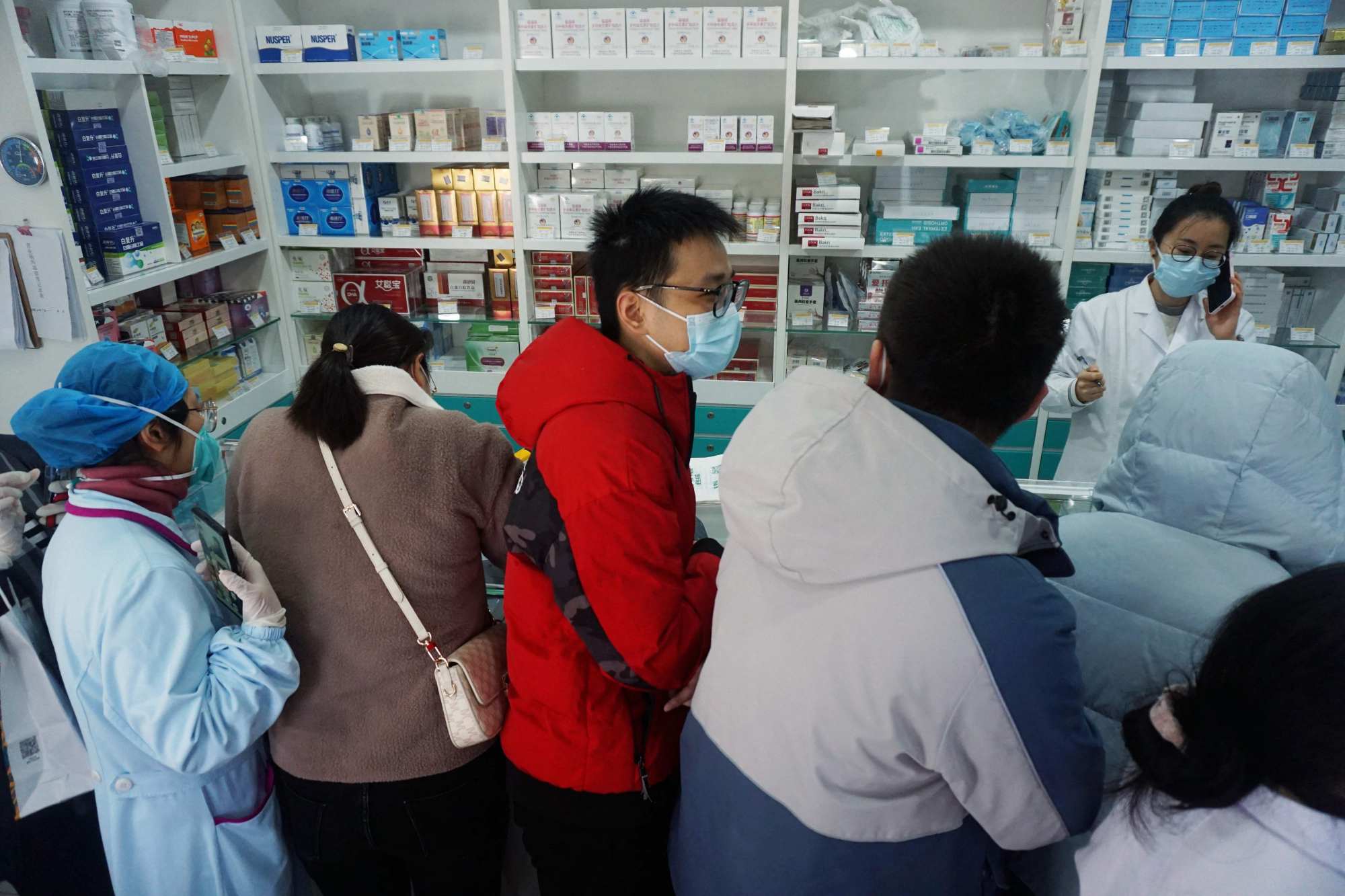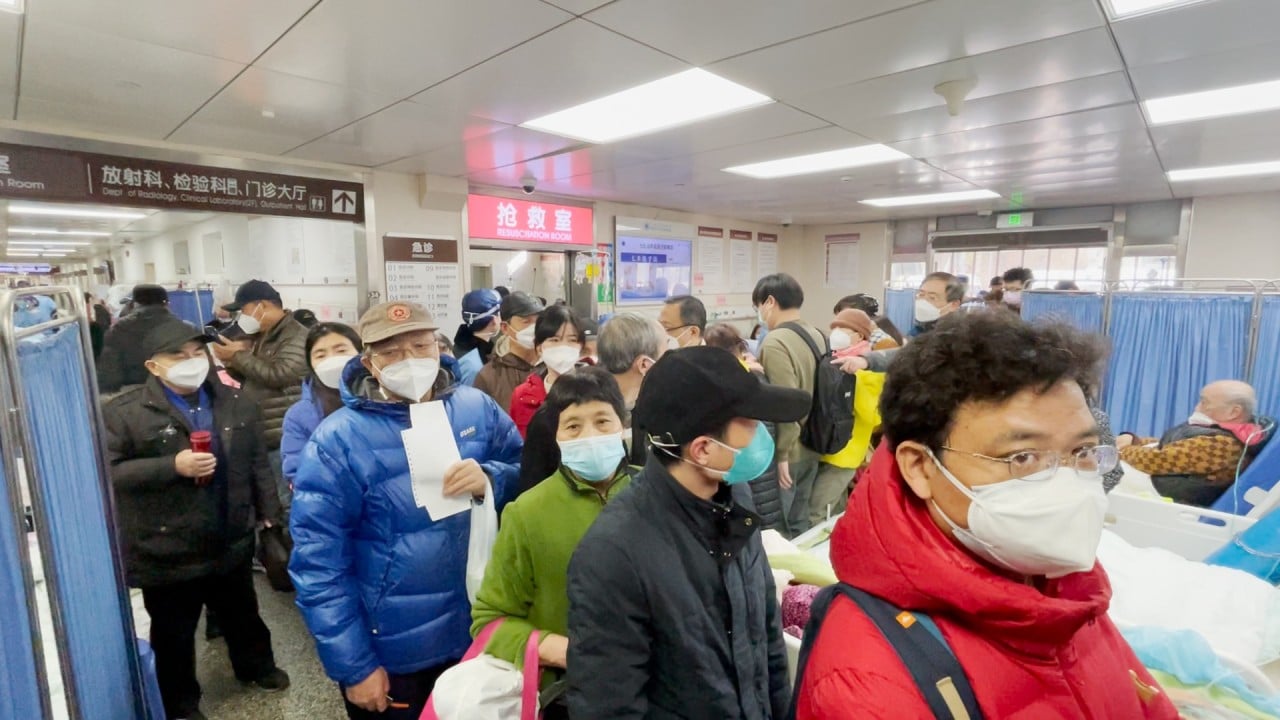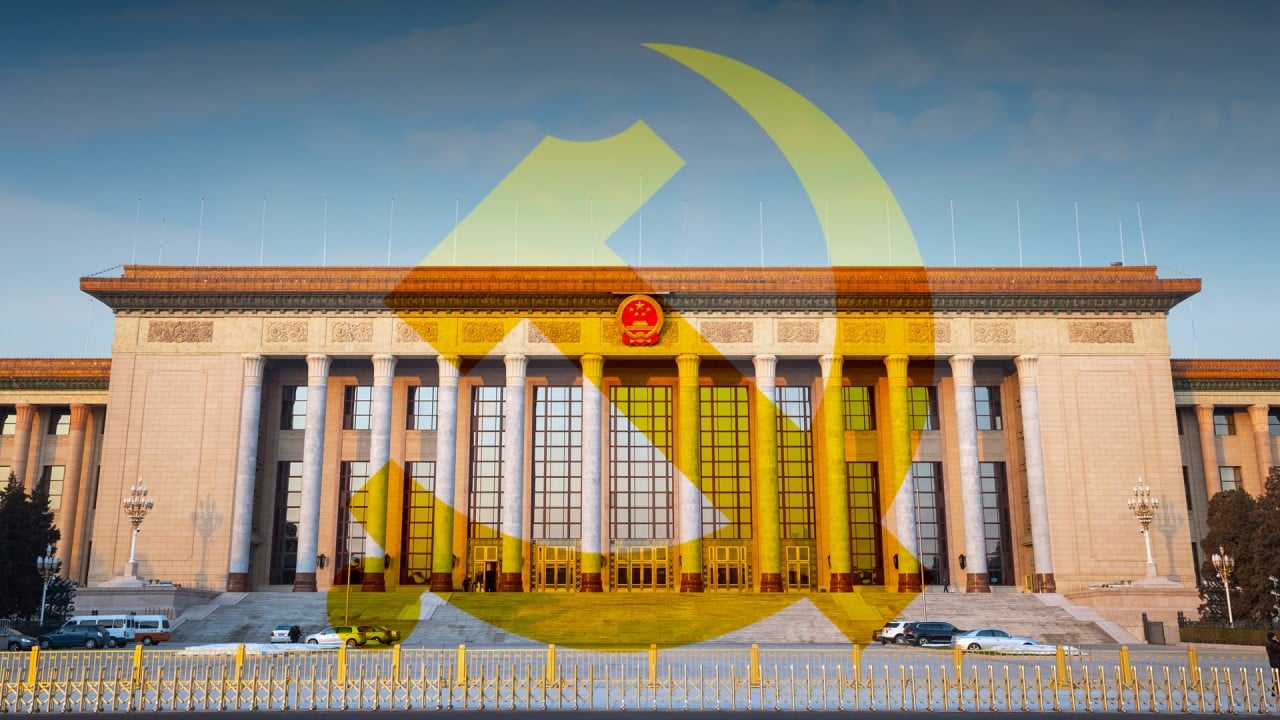
Chinese academics face backlash for ‘wasting’ research funding on projects looking at how Marxism can help fight Covid
- Ideological studies on topics such as the ‘great anti-pandemic spirit’ trigger angry response from public facing a surge in infections and shortage of drugs
- Critics say overpraising the party’s achievements is likely to stir resentment and does not contribute anything meaningful to the public policy debate
Top engineers and scientists dying at an unprecedented rate in China
One of the most-discussed projects, funded by the National Social Science Fund of China, focused on studying “the great spirit of fighting Covid-19”.
The project leader, Wang Guanzhong from the Marxism College at Capital Normal University, told a conference last month that this was in tune with the spirit of the Communist Party and a continuation of China’s traditional culture in the new era.
Other professors, mostly from colleges dedicated to studying Marxism, told the conference that Wang’s project should also look at how the party led the fight against the pandemic, how different regions performed and compare the “great Chinese spirit” with that of foreign countries.
But when the college posted an article about the conference on the social media platform WeChat, it triggered a strong public outcry that prompted it to delete the article.
Internet users, angry at the timing of the project, said it was a waste of funding. “While you were busy buying drugs, the experts are spending large sums studying how great the anti-pandemic spirit is,” one comment read.
It is not immediately clear how much funding Wang’s project received.

Since the abrupt U-turn last month that completely scrapped the zero-Covid policy, the public has faced a tsunami of cases, amid a shortage of drugs, hospital beds and lack of official guidance on how to fight Covid-19.
The backlash comes at a time when the number of institutes dedicated to ideological studies is growing rapidly.
Rumours of new XBB Covid-19 wave spark run on diarrhoea pills in China
By March, there were more than 1,400 Marxist schools inside China’s universities, including in medical schools and arts academies, according to the education ministry.
Apart from ideology, they are also focused on studying the achievements of the party’s governance, especially under President Xi Jinping.
“Under such circumstances, if you still use such a method to praise and overstate achievements, it will trigger great resentment from public opinion,” a Chinese political scientist, who wished to remain anonymous, said.
Alfred Wu, an associate professor with the Lee Kuan Yew School of Public Policy at the National University of Singapore, said such propaganda is not doing anything helpful in the fight against Covid.
“People will not think [these projects] will actually produce anything meaningful because they are not a public policy project. They are not going to make any contribution to public policy,” he said.

.jpg?itok=H5_PTCSf&v=1700020945)

